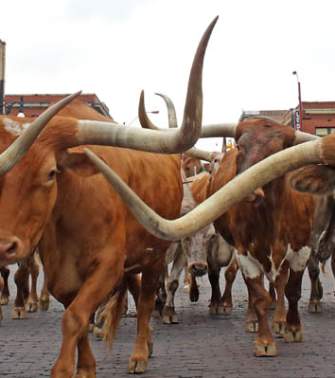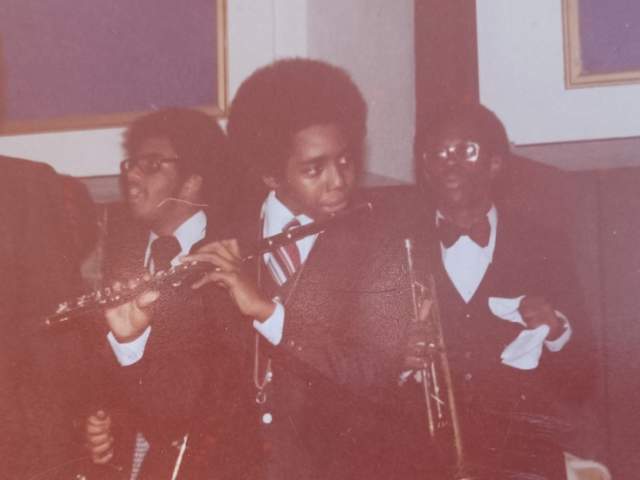Visit Fort Worth is working with local voices and organizations to share information about Black Fort Worth today and our heritage.
Fort Worth is not unlike hundreds of cities that have recently shown interest in educating communities about recorded and sometimes unrecorded histories. When listing Black notables from this city many names spring to mind, but none possibly more influential than William Madison “Gooseneck Bill” McDonald (1866-1950).
Born shortly after the Civil War in a small community southeast of Terrell, Texas, to formerly enslaved parents, McDonald later rose to prominence as one of the first-recorded Black millionaires in the nation and reportedly Texas. He gained his wealth through banking, politics and entrepreneurial leadership.
This impressive trajectory was sparked by young William’s advancement upon graduating from the now defunct historically Black institution Roger Williams University located in Nashville, Tennessee. After settling back in his home state as principal of the segregated Black high school in Forney, Texas, he began advocating for the public-school systems and prioritizing education amongst students. Shortly thereafter, he became active in the Republican political party.
*It is important to note from a historical perspective that it was not uncommon for Black Americans to support the Republican party because they were staunch supporters of racial equality and Abraham Lincoln, a Republican president, had freed the sales. This changed when the GOP, led by President Rutherford B. Hayes, pledged to withdraw federal troops from the South in exchange for Southern Democratic support. This effectively ended Reconstruction.*
Nicknamed “Gooseneck Bill, McDonald was also a leader in the Black-and-Tan Faction. In 1906 he and his wife Alice moved to Fort Worth after he obtained a position as manager of the city’s first Black-owned bank, Fraternal Bank and Trust Company. Under his guidance the successful bank singlehandedly spurred the growth and development of Black entrepreneurs by lending money when white banks would not. Coincidentally, during the Great Depression, many of these same white-owned banks were saved because of loans secured from the Fraternal Bank and Trust.
McDonald was also a savvy businessman and hotelier who 20 years later became owner of the city’s first Black-owned hotel, The Jim, named after his second wife, Ms. Jimmie Strickland. The three-story, fifty-room hotel was located at 413 East Fifth Street downtown. McDonald is believed to be the first black millionaire in Texas. (No doubt, Gooseneck Bill would be proud of Fort Worth local entrepreneur Jonathan Morris, who’s making impressive strides as he prepares to venture into the hotel industry. His Hotel Dryce is expected to open in 2021.)
Beloved native, Opal Lee, best known for her mission to make Juneteenth a national holiday, vividly recalls walking to and from school and seeing McDonald sitting on the porch of his home that was located in the Terrell Heights district.
His impact stretched far and wide and can still be felt today in various ways whether supporting the eponymous McDonald YMCA or taking a stroll by the Fort Worth Central Station (formerly called ITC) located at 1001 Jones St. On the south side of the station's exterior, a rich and vibrant commemorative mural pays tribute to McDonald, as well as other historic local figures.
Spotlight: Rikki Kelly of Ego Tequila
At 27, Fort Worthian Rikki Kelly is already a force to be reckoned with. She's not at all what…
A Look Inside Hotel Dryce
Just a short two-step away from Dickies Arena, a state-of-the-art event and performance venue, and…
Fort Worth's Historic Stop 6 Neighborhood
Stop Six was founded by African-American pioneer Amanda Davis (1865-1960), who worked as a laundress…




